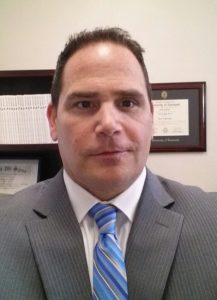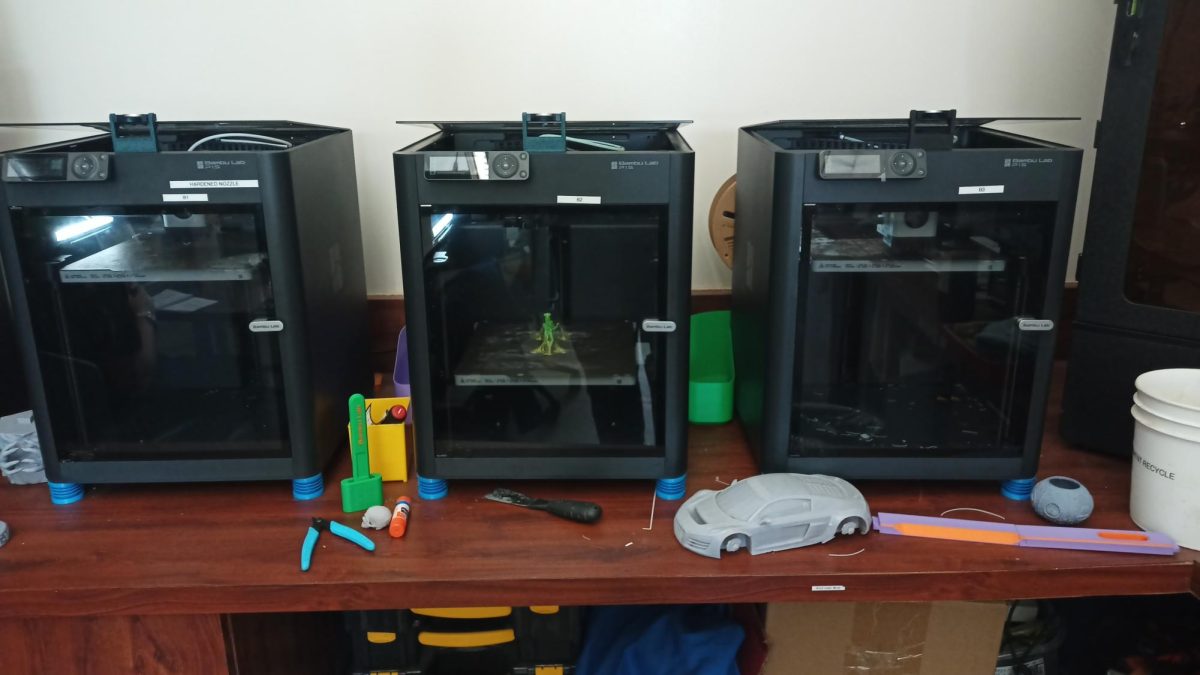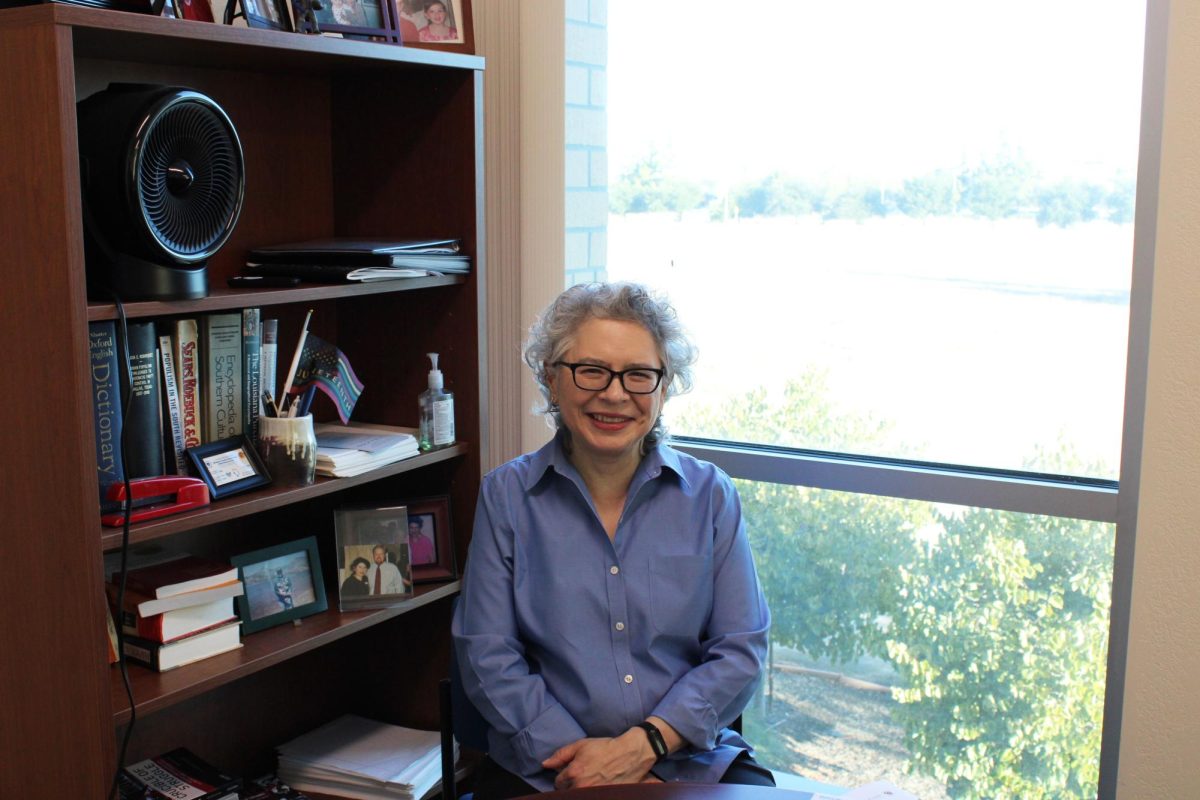Reporter
Studying crime brings intelligence to the surface. At least that is the case for criminal justice professor Anthony Flores who has dedicated his life to the subject. Dr. Anthony Flores is a criminal justice professor at California State University Bakersfield. After receiving his Bachelor’s and Master’s degrees at the University of Cincinnati, he moved to Bakersfield and began teaching criminal justice.
“I was originally a psychology major,” Flores said, “and literally stumbled into a criminal justice class because it was open at a time I needed it. I was immediately fascinated by it; the discipline was very interesting.”

Flores has written and published four articles this year regarding the risk offender assessment. The risk offender assessment is a means to get around subjective decision making, making the process more objective, and more science based.
“Within criminal justice, we have to make decisions regarding offenders about treatment options, who to watch more closely, and risk assessment tools,” Flores said. “Results will show who is low, moderate or high risk.”
Flores was exposed to risk assessment in graduate school and learned how subjective criminal justice can be. He believed that risk assessment was a way to get involved in criminal justice and be a part of the decision-making process.
Flores was recently interviewed by the Washington Post regarding a paper he and three other co-authors wrote.
Their paper was in response to another paper that had been published on ProPublica, claiming that a certain risk assessment was racially biased. Those who made the claim didn’t follow any testing standards that the American Psychological Administration and the National Education Administration have to test for bias. When Flores and the co-authors followed the procedures themselves, they found no evidence of bias.
“ProPublica is a major outlet, and we were concerned that because of it, the paper would be taken as a rule over the existing research,” Flores said. “There is such a focus on reforming criminal justice, and if there was bias, we would want to know about it to come up with solutions to render it.”
According to Flores, if the incorrect paper would have been left alone it would be taken at face value and could undermine a lot of reforms going on.
Reform is important to Flores, who believes that everyone is a budding criminologist. He acknowledges that everyone is interested in crime and has an opinion about it, students included.
“Students should study criminal justice because they are concerned with crime and because they are the future,” he said. “Studying criminal justice can better prepare them to make better, more scientifically reformed decisions. They can better the practice by getting an academic, scientific education and carrying that into the field.”







